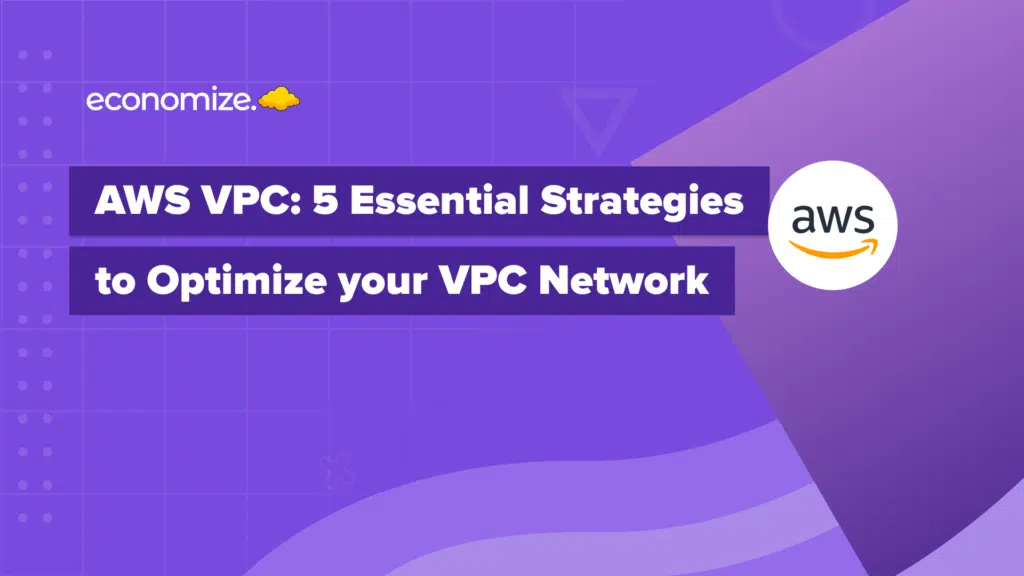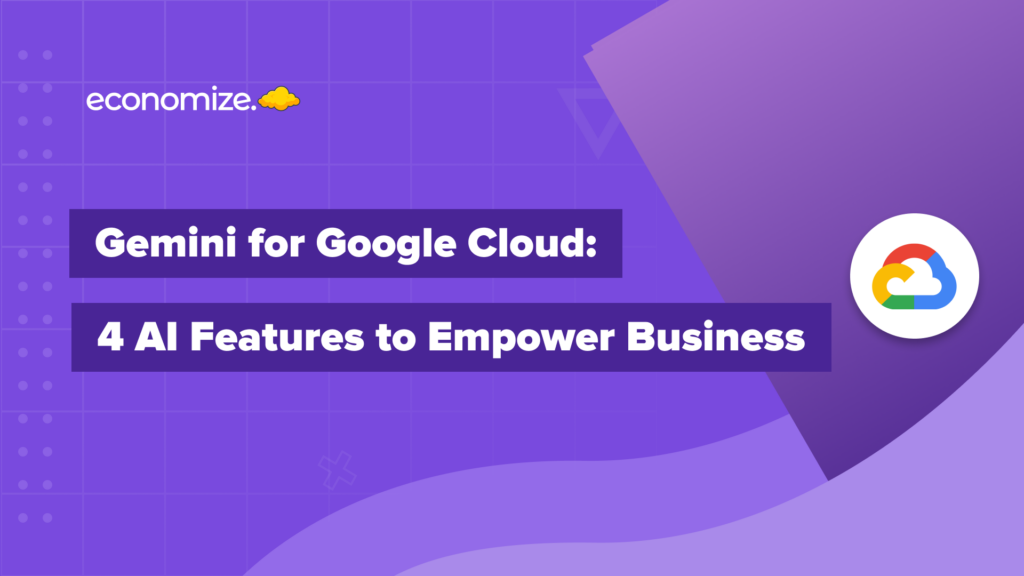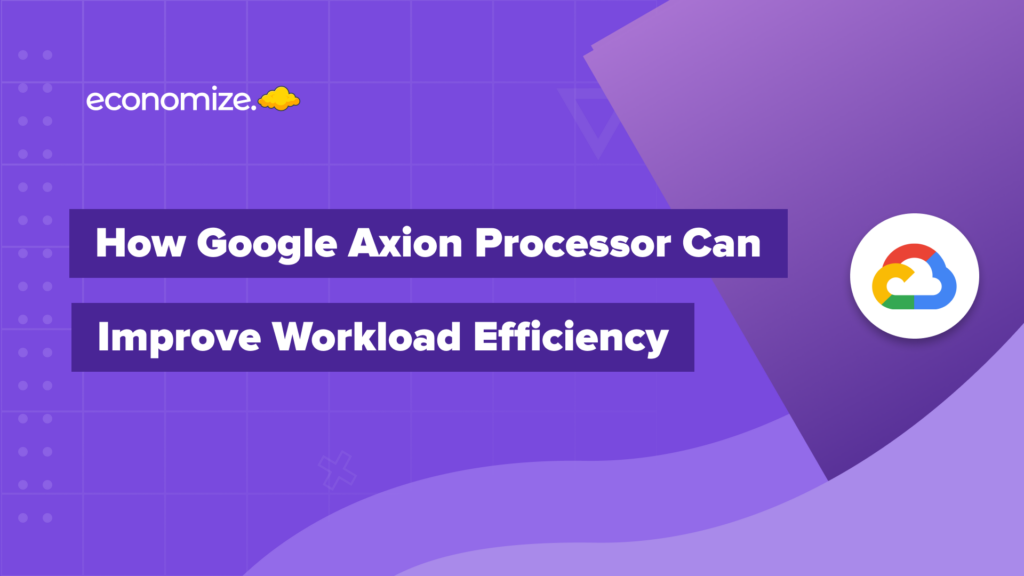In the current landscape of cloud services, similar terminology still baffles professionals, and is used interchangeably. CFOs, CTOs, and cloud experts often mix up Financial Operations (FinOps) and Cloud FinOps, among other terms. This confusion hinders clear communication, and consequently, cost management efforts.
This article distinguishes between different financial management, cloud cost optimization, and other FinOps terms. With overviews, definitions, differences, and relationships clearly defined in cloud computing, technology professionals will be equipped to achieve their strategic goals and objectives.
Cloud FinOps vs Financial Operations (FinOps)
What is Cloud FinOps?
Cloud FinOps, or Cloud Financial Operations, is an evolving discipline and cultural practice in cloud financial management. It’s not just a cost-cutting measure; instead, it aims to extract maximum value from cloud investments, promoting a balance between speed, cost, and quality.
Rooted in a collaborative culture, FinOps fosters communication among cross-functional teams like engineering, finance, product, and business, and ensuring collective ownership of cloud usage and expenses. The practice involves making data-driven spending decisions, enabling faster product delivery with enhanced financial control and predictability.

Objectives in Cloud FinOps include:
- Increasing Collaboration: Enhancing teamwork between engineering, finance, and other teams for comprehensive cloud financial management.
- Promoting Informed Decision-Making: Facilitating data-driven decisions to manage and optimize cloud costs effectively.
- Enhancing Cloud Visibility: Improving the transparency of cloud usage and costs for better accountability and management.
- Driving Cultural Change: Instilling a culture where all teams take collective ownership of cloud usage and expenses.
What are Financial Operations?
Financial Operations (FinOps), in a traditional sense, focuses on managing an organization’s financial resources and operations. It encompasses budgeting, accounting, financial forecasting, and analysis of financial data, playing a strategic role in guiding overall business operations and decision-making.
Essential components of efficient financial operations include proper systems, budgeting strategies, technology utilization, strong internal controls, qualified staff, and streamlined processes.
Objectives in Financial Operations include:
- Budgeting: Creating financial plans that guide organizational spending and investment.
- Accounting: Managing financial records, ensuring accuracy and compliance.
- Financial Forecasting: Predicting future financial trends to guide business strategies.
- Financial Data Analysis: Examining financial data to extract insights for informed decision-making.
- Risk Management: Identifying potential financial risks and uncertainties to protect the organization’s assets.
- System Optimization: Implementing and maintaining efficient financial systems and technologies for streamlined operations.
What is the difference between Financial Operations and Cloud FinOps?
Financial Operations (FinOps) – emphasizes the strategic allocation and stewardship of an organization’s financial resources, focusing on efficient systems and processes, ensuring compliance, and guiding overall business operations and decision-making.
Cloud FinOps – is centered around fostering collaboration among cross-functional teams, enhancing visibility into cloud usage and expenses, and promoting a culture of accountability and continuous optimization.
Common Misconceptions:
- Uniform Functionality: A prevalent misconception is that Financial Operations and Cloud FinOps serve the same functional areas. However, while Financial Operations concentrate on broader organizational financial management, Cloud FinOps is specialized in managing cloud-related financial activities.
- Interchangeability: Due to the similarity in names, there’s a tendency to use these terms interchangeably. However, each has a distinct focus, objectives, and application area, making them uniquely essential in their right.
- Scope of Practice: The scope of practice between the two is also often misconstrued. Financial Operations possesses a more generalized, overarching role in financial management, whereas Cloud FinOps applies specifically to the realm of cloud services, aligning financial and operational objectives.
FinOps vs Cloud Cost Optimization & Management

What is Cloud Cost Optimization & Management?
Cloud Cost Optimization & Management is the disciplined approach to managing and optimizing cloud costs, ensuring that resources are used efficiently to bring about cost savings without compromising performance and capacity.
It revolves around understanding, managing, and controlling cloud computing expenses, ensuring that cloud resources are efficiently allocated and utilized, through proven technical strategies.
Objectives in Cloud Cost Optimization & Management include:
- Reducing Wastage: Identifying and eliminating underused or unused resources to reduce unnecessary costs.
- Right-sizing: Ensuring that cloud resources are appropriately sized to meet the organization’s needs without over-provisioning.
- Automated Scaling: Implementing automation to adjust resource allocation based on the demand, ensuring cost-effectiveness.
- Budget Tracking: Continuously monitoring and tracking cloud expenditures against the budget to prevent overspending.
- Performance Optimization: Ensuring that the cloud environment operates at peak performance to deliver maximum value for the investment made.
How it Differs from Cloud FinOps
Cloud Cost Optimization & Management is a component within the broader Cloud FinOps practice. Cloud FinOps encompasses Cost Optimization but adds layers of collaboration, accountability, and value maximization, promoting a holistic approach to managing cloud finances within the organizational strategy and objectives.
Cloud FinOps vs DevOps
What is DevOps?
DevOps, a fusion of Development (Dev) and Operations (Ops), is an agile relationship and process improvement approach aimed at enhancing collaboration between development and IT operations. It focuses on automating the processes involved in software development and IT operations, with an aim to design, develop, deploy, and operate scalable and robust software faster and more efficiently.
DevOps prioritizes quality and reliability, leveraging automation to refine software practices. It crafts scalable systems, robust against varying demands and growth trajectories. Embedded in its approach is a robust feedback mechanism, promoting continuous improvement in products and processes.
DevOps objectives and Use Cases:
- Continuous Integration and Continuous Delivery (CI/CD): Automating the integration, testing, and deployment of the code to improve software quality and speed up the release cycle.
- Infrastructure as Code (IaC): Managing and provisioning IT infrastructure using code and automation tools.
- Monitoring and Logging: Continuous monitoring of applications and infrastructure to identify and resolve issues promptly.
- Collaboration and Communication: Improving collaboration between development and IT operations teams to enhance productivity and agility.
How DevOps Differs from Cloud FinOps
DevOps centers around the life cycle of software development and operation, emphasizing speed, automation, and collaboration for more efficient and reliable software delivery. Cloud FinOps concentrates on the financial aspect of cloud computing, promoting effective cost management and optimization of cloud resources.
An upcoming practice, Augmented FinOps, seeks to take FinOps a step further. It looks to integrate the principles of FinOps within DevOps practices, promoting not just development and operational efficiency but also embedding cost optimization and financial accountability within the development life cycle.
What is RevOps?
Revenue Operations, or RevOps, is a cohesive operational model that aligns the marketing, sales, and customer success teams within an organization. It centralizes processes, data, and tools across these functional areas, aiming to break silos, optimize operations, and enhance the customer experience.
The unified approach of RevOps aims to accelerate business growth by streamlining workflows, improving operational efficiency, and driving revenue.
Objectives of RevOps include:
- Alignment: Unify marketing, sales, and customer success operations for streamlined workflow.
- Efficiency: Optimize processes to improve operation productivity and agility.
- Customer Centricity: Enhance customer experience by synchronizing customer touchpoints across departments.
FinOps vs RevOps
FinOps often integrates with RevOps by influencing decision-making with insightful financial data. It can guide revenue operations to make more financially savvy decisions, helping to balance spending and revenue generation. The budgeting and cost management aspects of FinOps can provide valuable insights to RevOps, assisting in allocating resources more strategically to drive revenue growth.
Differences:
- Focus Areas: While FinOps primarily concentrates on optimizing cloud costs and financial resources, RevOps aims at operational unification across marketing, sales, and customer success teams to drive revenue.
- Objective: FinOps strives for efficient cloud resource management, while RevOps focuses on improving revenue cycle management processes and customer experiences.
Similarities:
- Collaboration: Both disciplines prioritize collaboration and alignment among cross-functional teams.
- Optimization: Both FinOps and RevOps aim for process optimization—FinOps in terms of financial resources and RevOps concerning operational workflows.
What is GreenOps?
GreenOps is a pioneering, systematic approach to enhancing cloud sustainability by focusing on energy efficiency, optimal resource use, and the adoption of renewable energy sources.
Acting as a roadmap for organizations embarking on their cloud sustainability journey, GreenOps draws significantly from FinOps practices to align both environmental and financial goals. This alignment allows for a robust strategy that benefits not only the environment but also the business’s bottom line.

GreenOps vs FinOps
GreenOps: Primarily directed towards mitigating the environmental footprint by optimizing energy consumption and embracing sustainable, renewable energy sources within data centers.
FinOps: Tailored towards marrying financial accountability with cloud consumption, emphasizing cost transparency and perpetual cost optimization strategies related to cloud services.
Using FinOps with GreenOps: A Hand-in-Hand Strategy
GreenOps and FinOps not only share overlapping philosophies but also complement each other in delivering a robust, sustainable, and financially efficient cloud ecosystem.
Both methodologies hinge on the principle of optimization. While GreenOps focuses on reducing environmental impact through resource optimization, FinOps puts an emphasis on cost transparency and optimization. This mutual goal of resource efficiency is the nexus where GreenOps and FinOps intersect.
Conclusion
Understanding the distinctions among Cloud FinOps, Financial Operations (FinOps), Cloud Cost Optimization & Management, DevOps, RevOps, and GreenOps is paramount in today’s multifaceted cloud service landscape. Each term embodies a unique set of principles, objectives, and methodologies that are instrumental in steering operational and financial strategies within an organization.
Struggling with monthly cloud expenditure?
Consider scheduling a demo with Economize. It’s free, swift, and proven to be effective.








